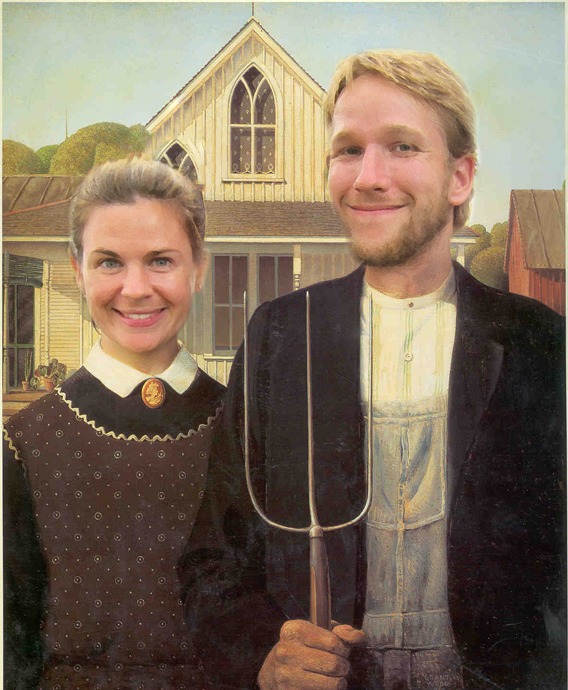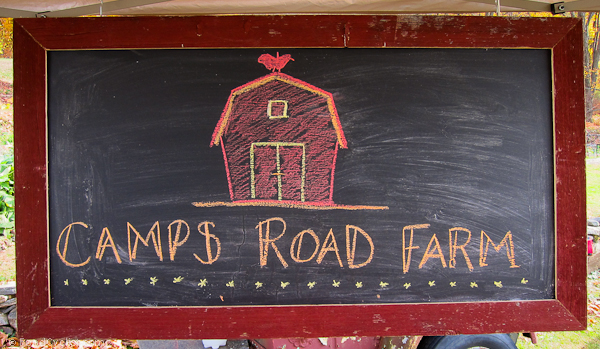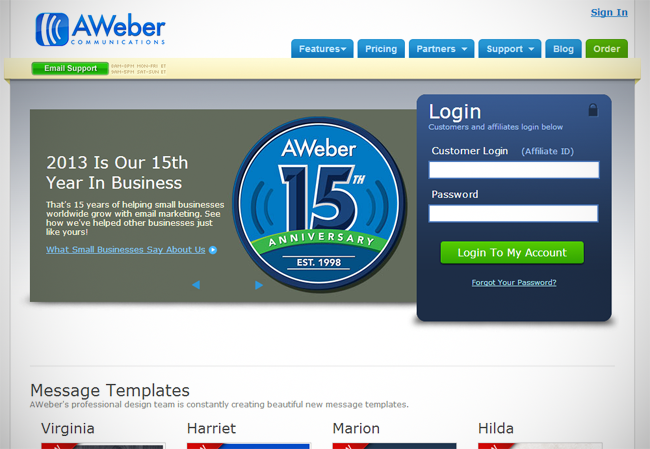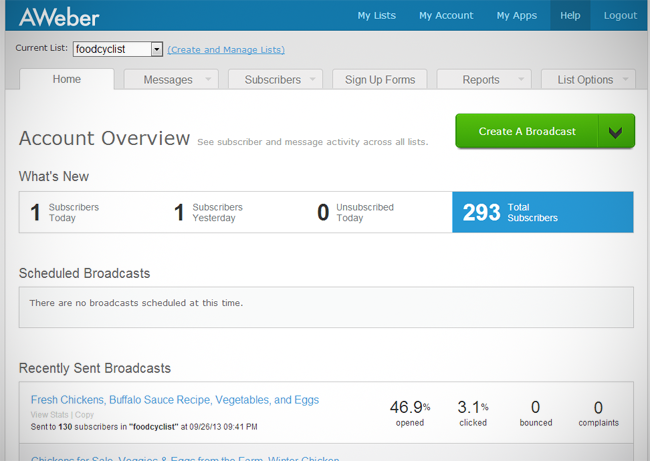GFP048: Sustainable farming is good for business
/Sustainable farming is the path I have chosen for my career in agriculture. When you think about it, it's kind of a no-brainer. It's right there in the name, "sustainable". That means I get to keep going. I get to keep doing what I love because it is sustainable. That word sustainable has given me pause lately. What exactly does it mean to be sustainable? What does that mean on a big scale for the world at large? What does that mean on a small scale for me, my family, and my farm? I have been giving it thought while moving chicken coops, talking with the other farmers who work with me, and while working on this podcast episode.
I have come to a conclusion, one that will be shaped and developed in time. True sustainability is born from good community building. I do not believe in being completely self-sustainable. You will always rely on outside inputs of some kind. That does not have to be a bad thing. Even if I used no fossil fuels on the farm, grew everything I needed to live and feed my livestock, and produced enough solar energy to run my podcasting equipment I would still need money to pay for taxes and the things that I absolutely cannot produce here. That requires a community of people willing to support my effort of self-sustainability.
Camps Road Farm, the farm that I manage has a ways to go before I will consider it "very sustainable". Right now I have to buy in grain to feed my chickens, I run a tractor that uses diesel, and there are a other areas that I wish to improve upon and plan to in time (I just don't want to list them all and give you the wrong idea about my farm). While it's not perfect now, I know there's a goal that I am working towards and I make decisions every day that effect the long term outcome of the farm and its' impact on the world.
I'll give you the brewery we're starting as an example. I have a 1.4 acre hop yard on farm to service the brewery that we are also starting on the farm. That brewery is working with a local grain grower to supply grains. Those grains used for brewing will then be used as chicken feed. The manure from the chickens will go either directly onto the pasture where they live, or will be composted to feed the hops, which in turn are used in making beer.
There are three businesses in that example that benefit from supporting each other. Because (officially certified or not) we are all growing according to the organic methods so the earth benefits as well. The brewery grains will help me cut costs to make my business more viable, the brewery has great marketing from being part of a farm, and the grain farmer has consistent business from a production brewery. I love it!
At best, all we can do is strive toward our best interpretation on what it means to be sustainable. For me that is being a part of a community that is mutually supportive of each other's efforts. I work to create healthy soil, to create healthy food, and results in healthy people who then have the strength to go out and do good in the world.
Right click here to download the MP3
In this farm podcast you will learn:
Who put "organic" and "agriculture" together originally
How big organic agriculture's market share has grown in the last decade
Why, at some point you just need to make things happen!
The benefits of being a good listener
What the Rodale Institute has done for sustainable agriculture
The longest running field study in agriculture
How organic ag can "feed the world" just as well if not better than chemical or conventional ag
Interview with Coach Mark Smallwood, Executive Director at Rodale Institute
Coach’s professional experience has been dedicated to environmental sustainability, efficiency and conservation. Since joining Rodale Institute in December 2010, he has brought heritage livestock back to Rodale Institute’s 333-acre farm, expanded and enhanced Rodale Institute’s research efforts, as well as launched “Your 2 Cents,” a national campaign to support and promote new organic farmers.
Prior to joining Rodale Institute, Coach served as the Mid-Atlantic Green Mission Specialist and Local Forager at Whole Foods, where he was a 2010 National Award Winner for “Best Whole Foods Market Spokesperson.” While at Whole Foods, Coach initiated a composting and recycling program throughout the Mid-Atlantic region – an effort that resulted in an 80% diversion of waste from landfills. In recognition for his sustainability efforts, Coach was chosen as a messenger for Al Gore’s Climate Project presenting to over 15,000 people on the effects of Global Warming. Last, but certainly not least, as a long-time organic farmer and biodynamic gardener, Coach has raised chickens, goats, sheep, pigs, and driven a team of oxen. Given his array of experiences, Coach is uniquely suited to lead Rodale Institute.
Items mentioned in the farm podcast include:
Take aways:
How do your views shape the type of business you choose to work in?
What does "truly sustainable" mean to you?
Write you answers in the comment section below.
--
Thanks for taking the time to listen in, and let me know what you think. You can leave a comment below, send me an e-mail, reach me on Facebook , or leave a 5 star rating in iTunes if you liked the show.

















































